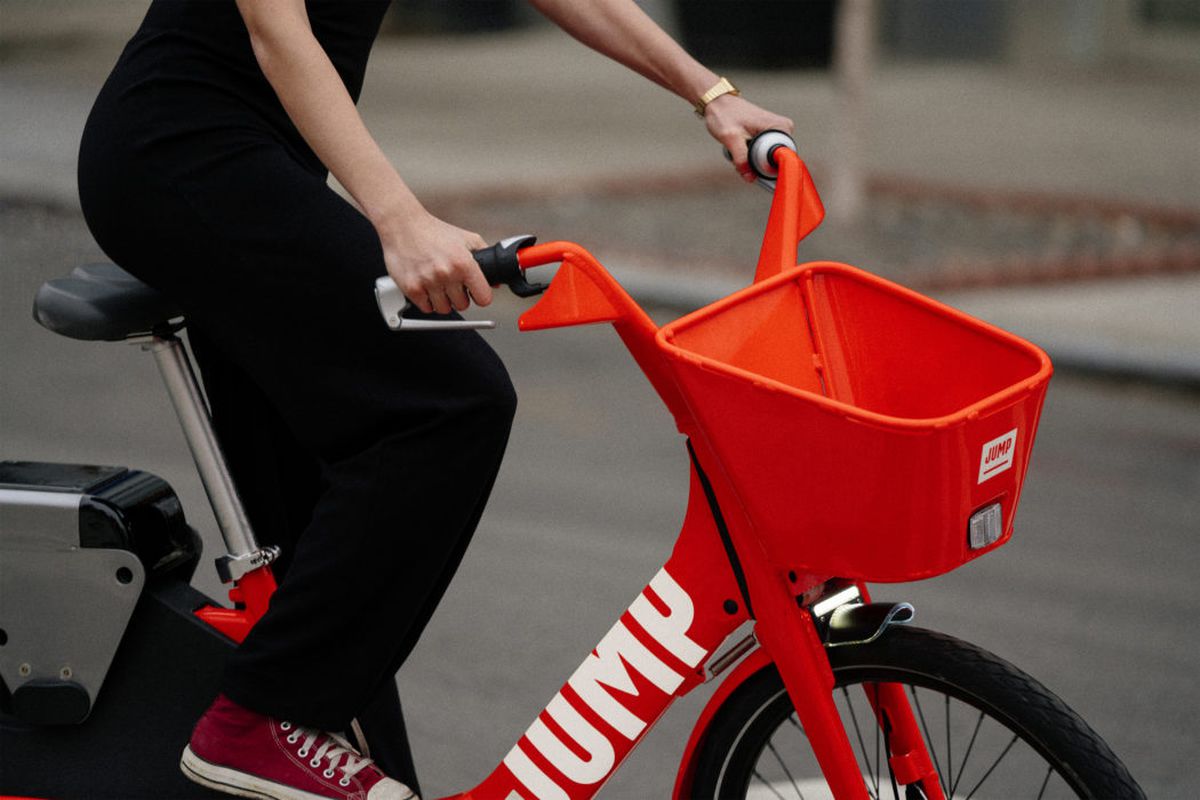Uber is changing its long-term strategy to focus on bicycles and electric scooters, according to CEO Dara Khosrowshahi. He believes these types of modes of transport are better and more efficient than cars for inner cities and shorter trips.
Khosrowshahi admits the plan could place financial strain on the ride-sharing service, which lost $4.5 billion in 2017. However, he believes short-term losses are necessary in the long run.
“During rush hour, it is very inefficient for a one-tonne hulk of metal to take one person 10 blocks,” he told the Financial Times. “We’re able to shape behaviour in a way that’s a win for the user. It’s a win for the city. Short-term financially, maybe it’s not a win for us, but strategically long term we think that is exactly where we want to head.”
E-bikes have been available on the Uber app since February. The company acquired bike-sharing company Jump in April for about $200m. Jump bikes are currently available in Austin, Texas; Chicago, Ill.; Denver, Colo; New York City; San Francisco, Santa Cruz, and Sacramento, Calif.; and Washington, D.C. They will soon be available in Providence, R.I., and Berlin, Germany.
“More people on JUMP bikes means smarter, greener, more accessible and friendlier cities for everyone,” Jump notes on its website. “We take the hassle of bike ownership, storage, and maintenance, and replace it with reliable, affordable, and convenient bike share whenever and wherever you want. Now, with Uber, we are reducing car ownership and seeing our vision come to fruition sooner.”
Uber is partnering with electric scooter company Lime and mobile ticketing/public transport app Masabi to create what Khosrowshahi calls an “urban mobility platform.”
In addition to cars, bikes, and scooters, Uber has also diversified with ventures such as food delivery and freight brokerage. This will enable the company to compete in the $6 trillion global mobility market. Uber’s biggest competition is car ownership.
Currently, Uber earns less from a bike trip than it does on the same trip with a car. But Khosrowshahi believes that cost will be offset if people use the app more frequently—something that’s already occurring with bikes in San Francisco.
“We are willing to trade off short-term per-unit economics for long-term higher engagement,” he told the Financial Times. “I’ve found in my career that engagement over the long term wins wars and sometimes it’s worth it to lose battles in order to win wars.”
Uber drivers will be affected by those who choose bikes instead of cars, but Khosrowshahi pointed out that in the future the roads will be less congested and drivers will be needed for longer, more profitable rides.


